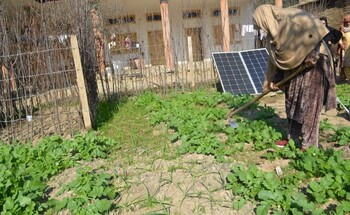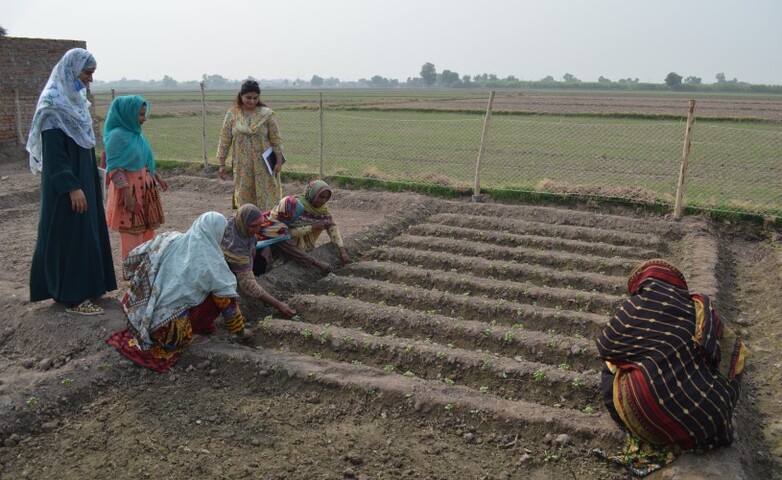Improving access to climate risk financing for agricultural SMEs in Pakistan
Introduction of innovative climate risk financing solutions in Pakistan
-
Commissioning Party
German Federal Ministry for Economic Cooperation and Development (BMZ)
-
Country
-
Lead executing agency
More
-
Overall term
2024 to 2026
-
Products and expertise
Climate, environment and management of natural resources

Context
Climate change-induced extreme weather events in Pakistan inflict an annual economic toll of about four billion US dollars. The 2022 flood exacerbated this crisis. It affected poor areas in particular, leaving 33 million people homeless and had severe impacts on people’s livelihoods. Public financial assistance for emergency relief falls short, burdening citizens and businesses.
Pakistan is home to around five million micro, small, and medium-sized enterprises (MSMEs), contributing significantly to the economy. However, MSMEs, specifically in agriculture, remain vulnerable to climate change, as they are lacking financial protection against losses, risk perception, and capacities to implement adaptation measures.
 © GIZ
© GIZObjective
Climate resilience of MSMEs in Pakistan’s agricultural sector is improved. A particular focus lies on businesses that are led by women.
Approach
The project supports Pakistan’s government in making agricultural MSMEs more resilient against climate change, implementing the following measures:
- Developing climate risk financing mechanisms: the project creates a financial protection mechanism to ensure business continuation of MSMEs after an extreme weather event.
- Implementing climate risk management: the project introduces trainings to sensitise MSMEs and help them develop effective risk management measures.
- Increasing business capacities of MSMEs: the project implements trainings in business development for MSMEs. Improved skills stabilise business operations and revenues.
- Investing in the resilience of large buyers in the supply chain: the project fosters partnerships with lead buyers involved in developing or expanding their supply chains with MSMEs in agriculture.
Last update: January 2024





